Menopause is a natural phase of life that signals a new chapter of growth and self-care. And I believe that each woman’s journey is unique, it’s common to face challenges like hot flashes, mood swings, sleep disturbances, and changes in bone density. These experiences can feel overwhelming, but with the right support and nutrients, you can navigate this transition with strength and grace. By nourishing your body with minerals, herbs, and key vitamins for menopause, you can embrace this stage of life with confidence and vitality.
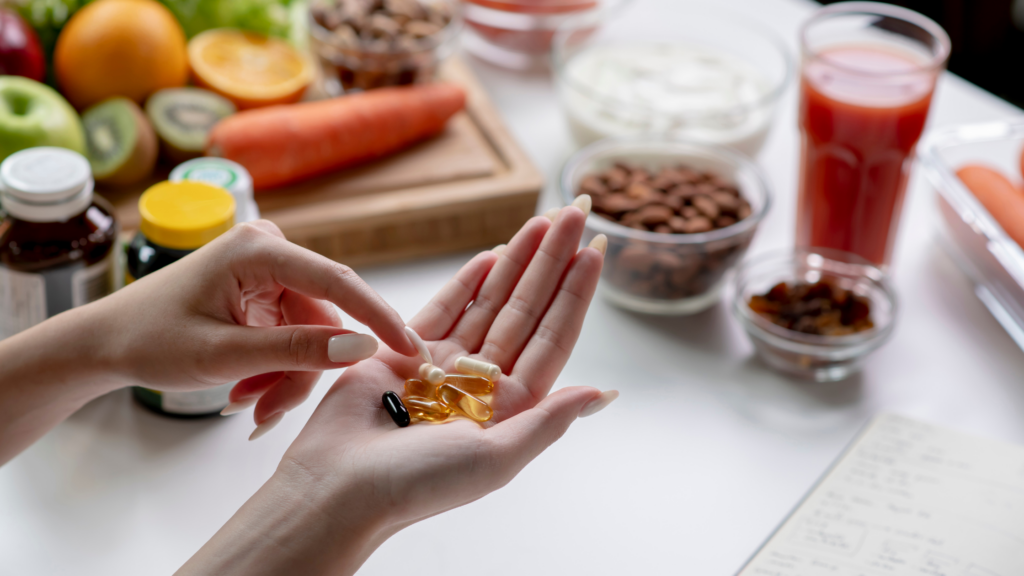
Essential Vitamins for Menopause
1. Vitamin D
Vitamin D is crucial for maintaining strong bones, as it aids in calcium absorption. During menopause, the risk of osteoporosis increases, making adequate vitamin D intake vital. This vitamin also supports mood regulation and immune health. Studies have shown that vitamin D deficiency can exacerbate symptoms like fatigue and depression, so ensuring sufficient levels is key. Natural sources include sunlight, fortified dairy products, and fatty fish like salmon.
2. Vitamin E
Known for its antioxidant properties, vitamin E can help reduce the frequency and severity of hot flashes and night sweats. It also supports skin health, which can be affected during menopause, by combating dryness and enhancing elasticity. Foods like almonds, sunflower seeds, and spinach are rich in vitamin E. Some women also find that vitamin E supplementation helps reduce vaginal dryness.
3. B Vitamins
B vitamins, particularly B6, B9 (folate), and B12, play a key role in energy production, brain health, and red blood cell formation. They can help alleviate mood swings and support cognitive function. B6 is particularly effective in reducing irritability, while B12 and folate work together to maintain nerve function and combat memory lapses. Find them in whole grains, eggs, leafy greens, and fortified cereals.
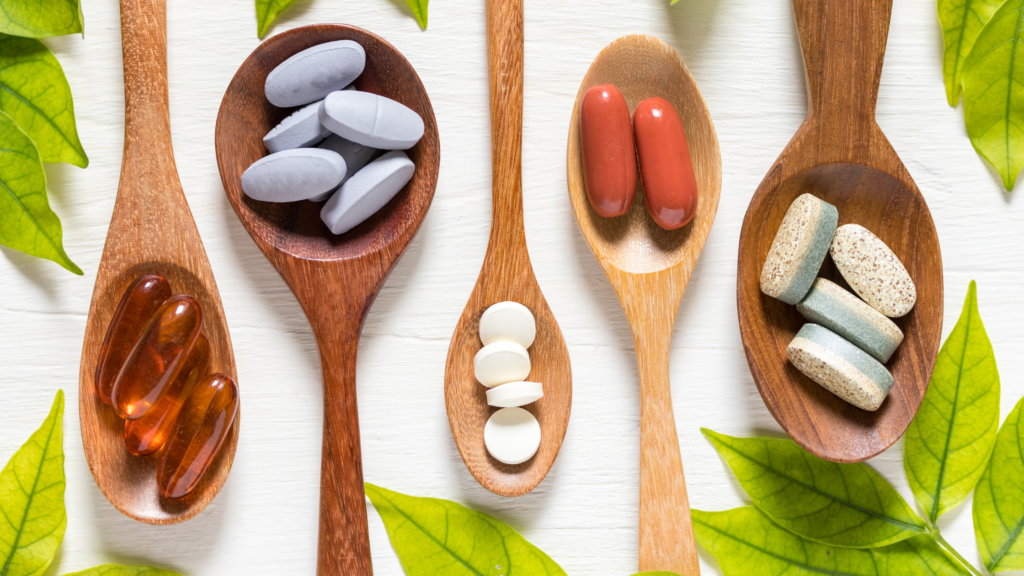
Important Minerals
4. Calcium
Bone density tends to decline during menopause due to hormonal changes, increasing the risk of fractures and osteoporosis. Calcium is essential for maintaining strong bones and preventing these issues. Aim for at least 1,200 mg per day from sources like dairy products, leafy greens, and fortified plant-based milks. Calcium supplements can also be beneficial, especially for those with dietary restrictions.
5. Magnesium
Magnesium aids in muscle relaxation, sleep, and mood stabilization. It’s also involved in over 300 biochemical reactions in the body, including energy production and heart health. During menopause, magnesium can help reduce symptoms like insomnia, headaches, and anxiety. Include foods like nuts, seeds, whole grains, and dark chocolate in your diet. Some women find that magnesium glycinate supplements improve sleep quality.
6. Zinc
Zinc plays a vital role in immune health and hormone regulation. It can also support skin repair and wound healing, which may slow with age. Zinc is particularly beneficial for maintaining healthy hair and nails, which can become brittle during menopause. Oysters, beans, and pumpkin seeds are good sources of zinc. Regular intake can also help bolster immune defenses, which may weaken with age.
7. Iron
Although iron needs may decrease after menopause due to the cessation of menstruation, it remains essential for energy production and oxygen transport. Iron deficiency can lead to fatigue, so it’s important to include lean meats, beans, and fortified cereals to maintain healthy levels. Regular monitoring of iron levels is recommended, as too much iron can also be harmful.

Beneficial Herbs
8. Ashwagandha
Ashwagandha, an adaptogen from Ayurveda, may help alleviate menopause symptoms like hot flashes, anxiety, and brain fog while boosting energy and improving sleep. It works by influencing neurotransmitters like GABA, offering potential stress relief and adrenal support.
Though some studies suggest it can improve quality of life and reduce urinary symptoms during menopause, more research is needed to confirm these effects and ensure long-term safety.
Common side effects include headache, nausea, and drowsiness, and it may interact with other medications or cause thyroid issues. Consulting a healthcare professional is advised before use.
Source: MedicalNewsToday
9. Red Clover
Red clover is a legume-based herb often used for menopause symptoms, bone health, and cholesterol management, thanks to its isoflavones, which may mimic estrogen.
However, scientific evidence remains mixed, and further research is needed. Some studies suggest it can reduce hot flashes, support bone density, and improve cholesterol levels, while others show no effects. It may also offer heart health benefits, but research is still inconclusive.
Red clover could have side effects such as bloating and back pain, with severe risks including allergic reactions and hormonal interactions. It’s crucial to consult a healthcare provider before using red clover, especially for those with breast cancer, pregnant or breastfeeding women, or people on blood thinners or hormone therapy.
Source: Verywell Health
10. Flaxseed Extract
Flaxseed offers several potential benefits for menopausal health, including providing magnesium, fiber, and choline, which support bone health and cellular function. Rich in omega-3 fatty acids (ALA), flaxseed may improve heart health by lowering cholesterol and blood pressure, both of which are important during menopause.
It also contains lignans, which have been linked to a lower risk of cancer, particularly breast cancer. While flaxseed’s ability to alleviate menopausal symptoms like hot flashes remains inconclusive, its heart and digestive health benefits, along with its ability to manage blood sugar, make it a valuable addition to a wellness routine. However, it’s important to consult a healthcare provider before using flaxseed, especially for individuals with diabetes.
Source: WebMD
11. Licorice Extract
Licorice root has been used for centuries in traditional medicine and is gaining attention as a natural option for managing menopause symptoms such as hot flashes. It contains compounds that mimic estrogen in the body, potentially offering relief for hormonal fluctuations during menopause. Licorice root may also support adrenal health, helping to combat fatigue and balance stress levels, which can be beneficial during this life stage. Some studies suggest it could have anti-inflammatory properties and even help improve bone health, which is important as women face a higher risk of osteoporosis after menopause.
Source: ScienceDaily
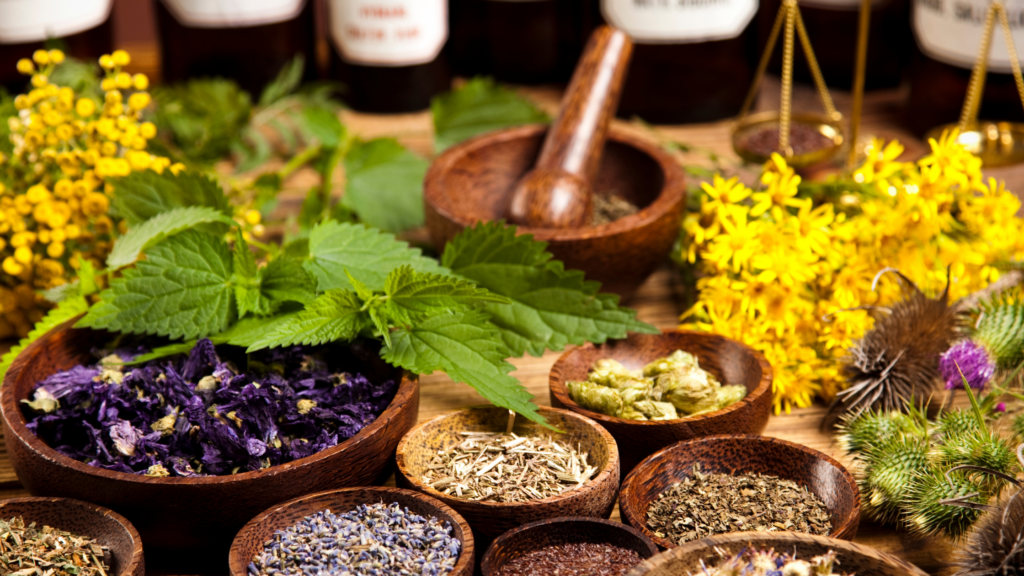
Additional Nutritional Support
14. Isoflavones (Soy Isoflavones)
Isoflavones mimic estrogen and help reduce hot flashes and other menopausal symptoms. Found in soy products, they also support bone health and cardiovascular function. Supplements with standardized isoflavone extracts offer a convenient way to incorporate this nutrient.
15. Saffron Extract
Known for its mood-enhancing properties, saffron extract can alleviate symptoms of depression and anxiety during menopause. It may also improve sleep quality and reduce stress levels.
14. Green Tea Leaf Extract
Rich in antioxidants, green tea leaf extract supports metabolism, weight management, and cardiovascular health. Its thermogenic properties can help counteract menopausal weight gain.
15. Maca Root
A Peruvian plant with adaptogenic properties, maca root may enhance energy, libido, and mood. It’s available in powder or capsule form and is a popular natural remedy for hormonal balance.
Practical Tips for Incorporation
- Food Sources: Opt for a diet rich in whole foods to naturally obtain these nutrients. Incorporate a variety of colorful fruits, vegetables, lean proteins, and whole grains.
- Supplements: When dietary intake falls short, consider high-quality supplements, but always consult your healthcare provider first.
- Herbal Teas: Many of the herbs mentioned, like red clover and ashwagandha, are available as teas for easy and soothing consumption.
- Routine Adjustments: Add magnesium-rich foods to dinner for better sleep or a vitamin E snack like almonds during midday.
Trusted Supplements for Menopause Wellness
Managing menopausal symptoms and maintaining overall health starts with choosing the right supplements. I’ve handpicked a range of reliable products tailored to meet the unique needs of women during menopause.
Discover Supplements You Can Rely On
Explore my curated recommendations for managing menopause symptoms, boosting energy, and supporting hormonal health.
These supplements stand out for their:
- Proven effectiveness in promoting menopause wellness.
- High-quality ingredients, rigorously tested for safety and purity.
- Focus on hormonal balance, bone strength, and metabolic support.


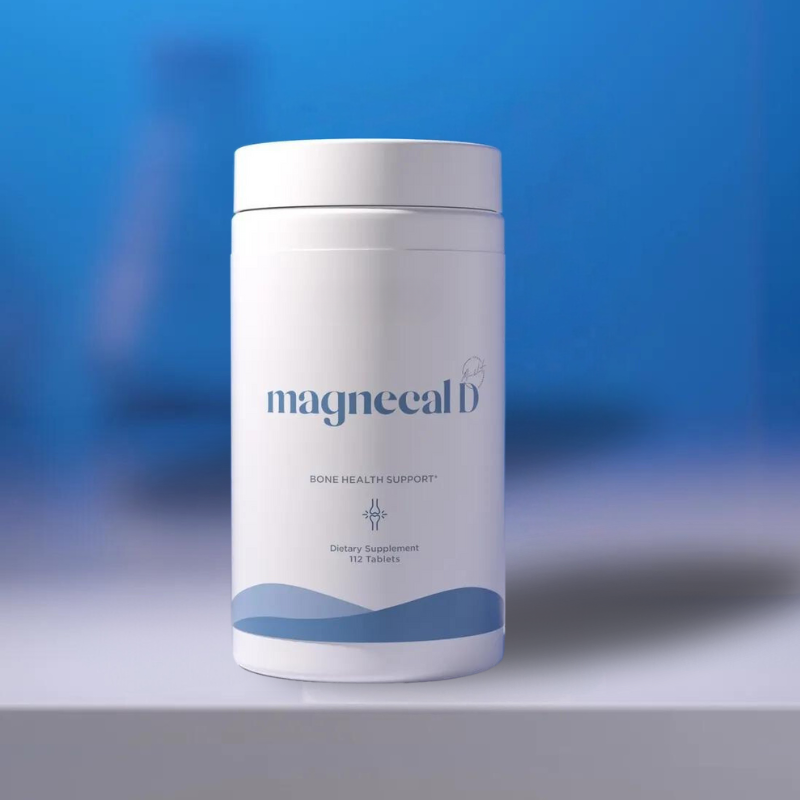
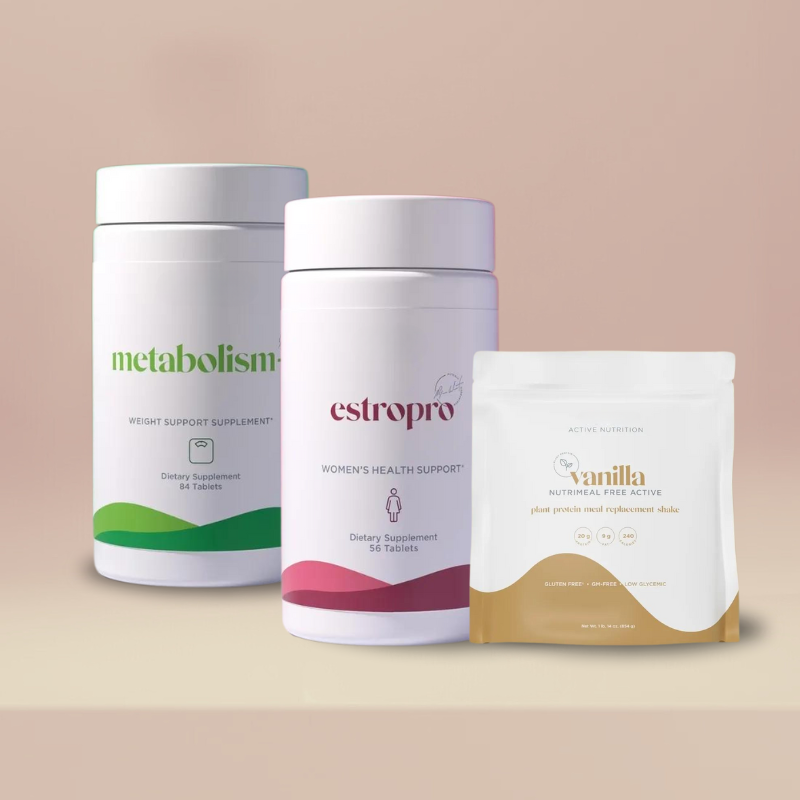
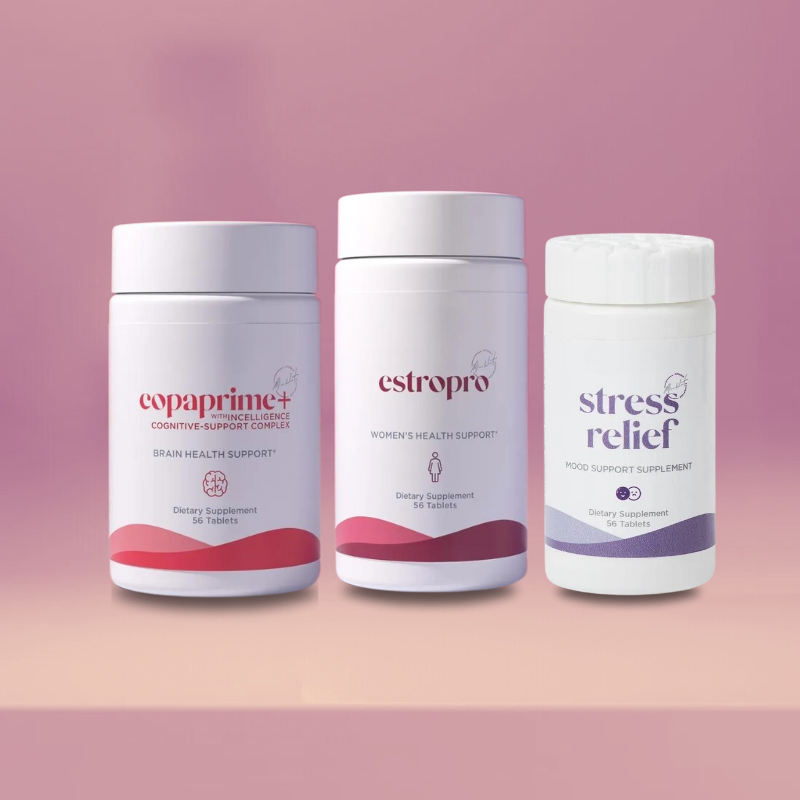
Final Thoughts…
This phase of life is a time of profound change, and while it may bring challenges, it’s also an opportunity to reconnect with yourself and embrace your well-being with intention. I believe that nourishing your body with the right vitamins, minerals, and herbs can make a world of difference as you navigate this transition. It’s about supporting your body, listening to its needs, and giving it the care it deserves. As always, I encourage you to consult a healthcare professional before introducing any new supplements or herbs to ensure they’re aligned with your personal needs.
FAQs about Vitamins for Menopause
The best vitamins to support menopause include:
Vitamin D: Crucial for bone health, mood regulation, and immune support.
Vitamin E: Helps reduce hot flashes and night sweats while supporting skin health.
B Vitamins (B6, B9, B12): Aid energy production, brain health, and mood stabilization.
Magnesium: Alleviates insomnia, headaches, and anxiety.
Zinc: Supports hormone regulation, immune health, and healthy skin.
Vitamin D: Due to decreased sun exposure or dietary intake.
Vitamin E: Needed for skin health and relief from hot flashes.
B Vitamins: Deficiency may contribute to mood swings and energy loss.
Magnesium and Zinc: Often overlooked but vital for sleep, mood, and immune function.
Essential vitamins and minerals: Such as vitamin D, magnesium, and zinc.
Herbs like ashwagandha and red clover: These may help with stress, hot flashes, and hormonal balance.
Isoflavones (from soy) or flaxseed extract: To mimic estrogen and support bone and heart health.
Always consult with a healthcare provider to tailor recommendations to your needs.
Herbal teas: Ashwagandha or red clover tea to ease stress and hormonal imbalances.
Green tea: Supports metabolism and provides antioxidants.
Water infused with magnesium-rich foods (like cucumber or lemon): To help with hydration and sleep quality.
Soy milk: A source of isoflavones for estrogen-like benefits.
+ show Comments
- Hide Comments
add a comment